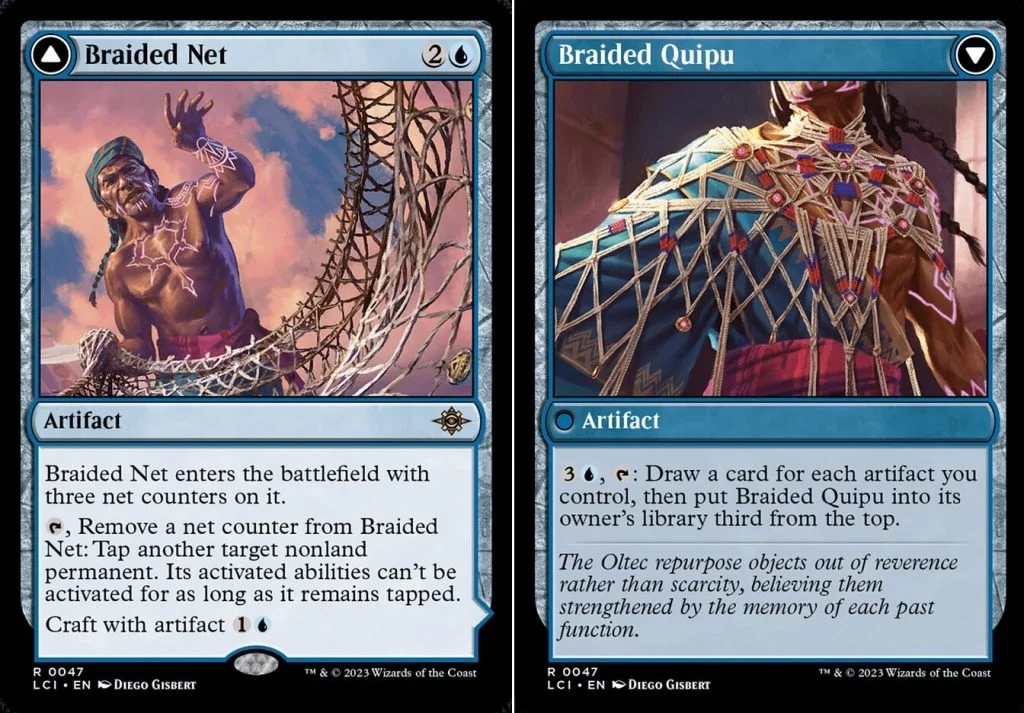Can You Use a Tap Ability at Instant Speed in Magic: The Gathering?

In Magic: The Gathering (MTG), the concept of “instant speed” is central to how players interact with each other during the game. A common question that arises is whether tap abilities can be used at instant speed. The answer is yes, tap abilities can generally be activated at instant speed, allowing players to respond to events during both their own and their opponents’ turns.
What Does “Instant Speed” Mean?
In MTG, a card or ability that functions at “instant speed” can be played at almost any time, including during an opponent’s turn or in response to another spell or ability. This contrasts with sorcery speed, which restricts actions to only your main phase when the stack is empty.
How Tap Abilities Work
A tap ability is an activated ability that requires a card (usually a creature or artifact) to be tapped as part of its cost. This is represented by the tap symbol ({T}). Tap abilities are powerful because they allow players to use their cards not just for combat or static effects but to trigger special abilities that often impact the game in significant ways.
As long as a card doesn’t specify a restriction on when you can activate the tap ability, you can use it at any time you could cast an instant. For example, if you control a creature with a tap ability, you could activate that ability in response to an opponent’s spell or during combat, even on their turn.
Restrictions on Tap Abilities
While tap abilities are generally versatile, there are a few restrictions to be aware of:
- Summoning Sickness: A creature cannot use its tap ability on the same turn it enters the battlefield unless it has haste. Creatures suffer from summoning sickness, which means they cannot attack or use abilities that require tapping unless they’ve been under your control since the start of your turn. This means that newly summoned creatures without haste need to wait until your next turn to use their tap abilities.
- Priority and the Stack: Tap abilities, like all activated abilities, use the game’s stack. This means that they can be responded to by your opponent, and they resolve in the order they were added to the stack. For example, if you activate a creature’s tap ability, your opponent can respond by casting a spell or activating their own abilities before your tap ability resolves. However, once the ability is on the stack, it will resolve independently of what happens to the card that triggered it, such as being destroyed or exiled in response.
- Specific Timing Restrictions: Some cards impose specific restrictions on when you can activate their abilities. For instance, a card might say, “Activate this ability only during your turn” or “Activate only as a sorcery.” These are exceptions, and such abilities cannot be used at instant speed.
Strategic Use of Tap Abilities
One of the key strategic advantages of tap abilities is their flexibility. Since they can often be used in response to your opponent’s actions, they allow for clever and reactive gameplay. For instance, you might use a creature’s tap ability to deal damage or draw cards right before it would be destroyed by an opponent’s spell. You could also activate a tap ability in response to an attack, tapping a creature to gain some benefit before it blocks.
Being able to use tap abilities at instant speed also creates opportunities for bluffing and keeping your opponent guessing. Since you can activate these abilities in the middle of combat or during their turn, your opponent may hesitate to commit fully to certain actions, unsure of how you might respond.
Conclusion
In Magic: The Gathering, tap abilities can usually be used at instant speed unless otherwise restricted by the card’s text. This allows players to interact dynamically with the game, using their creatures and artifacts not just for their static effects but to influence the game at pivotal moments. Knowing when and how to use tap abilities effectively can significantly elevate your strategic play, enabling you to react to opponents and create unexpected outcomes.
Share this Post
Recent Posts
- How Popular Is Lorcana in 2026? A Reality Check
- Buying MTG Proxies Safely: Red Flags and Payment Safety Basics
- MTG Commander Card Draw: How Many Sources Is “Enough”?
- MTG Proxies on SpellTable: Camera Readability, Glare, and Practical Fixes
- MTG Commander Ramp Mistakes: When “More Ramp” Makes Your Deck Worse
Product Categories
ProxyMtG@protonmail.com
